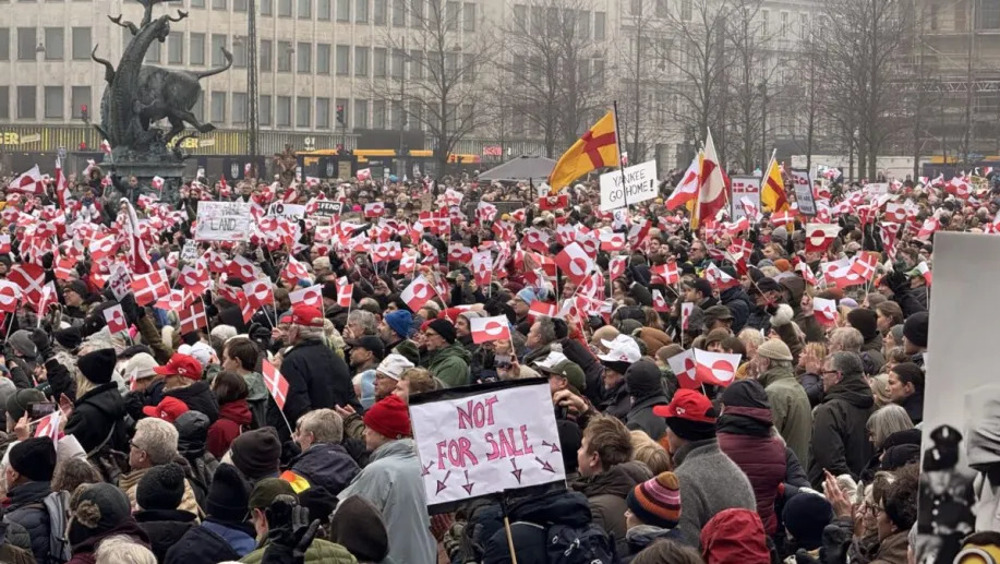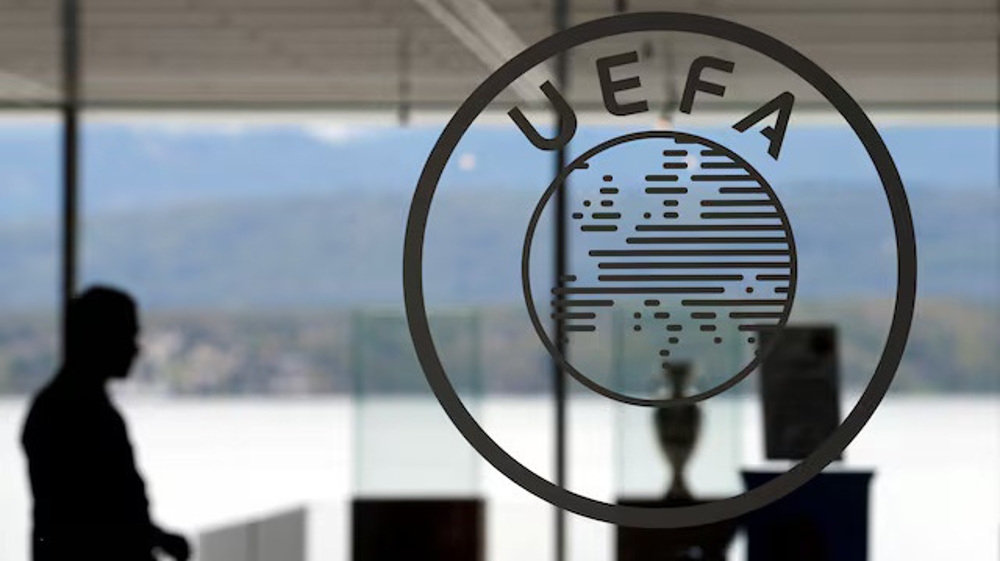Czech police charge leading PM candidate with fraud
The leading candidate to become the Czech Republic prime minister in next week’s elections says he has been charged with fraud over EU subsidies received by one of his companies.
"I have received an announcement of the launch of criminal proceedings in the Stork Nest pseudo-case," Andrej Babis, whose ANO movement is leading in opinion polls ahead of the October 20-21 vote, told DNES newspaper on Monday.
"I immediately filed a complaint against the decision and handed the case over to my lawyer," the 63-year-old Slovak-born tycoon told the paper -- one of two major Czech dailies he owns.
The police claim that in 2007, Babis excluded the Stork Nest farm south of Prague from his sprawling Agrofert holding company to make it eligible for a two-million-euro ($2.35 billion) European Union subsidy for small companies.
After the five-year period for checking compliance with the funding conditions passed in 2013, Babis placed the farm back under Agrofert, which includes chemicals and food companies.
The case prompted the Czech parliament to strip Babis, a former finance minister, of his parliamentary immunity in September.

ANO's deputy chairman, Jaroslav Faltynek, was also charged with fraud in the case after losing his immunity as well.
ANO is one of three parties in the Czech Republic's rocky center-left coalition government alongside the left-wing Social Democrats and the centrist Christian Democrats.
In a September poll by the Czech Academy of Sciences, ANO scored highest with voter support of 30.9 percent, well ahead of the Social Democrats with 13.1 percent and the Communists with 11.1 percent.
President Milos Zeman has said he will name the leader of the victorious party in next week's vote as the next prime minister.
ANO emerged unscathed from a two-week crisis in May sparked by allegations of Babis's questionable business dealings, which led to his ouster as finance minister.
Babis's popularity has also stayed high despite claims he was an agent for the secret police during the Communist era in former Czechoslovakia.
Those claims are being heard by the Slovak constitutional court, which is expected to issue a verdict on Thursday.
Corruption has remained endemic in the country, an EU member, since its 1993 split with Slovakia.
(Source: AFP)
Smallest coffins are the heaviest: The three youngest victims of foreign-backed riots in Iran
Hamas warns of ‘systematic Israeli violations’ as Gaza ceasefire teeters
Israeli strikes kill 11 across Gaza, including children and journalists: Palestinian medics
US forces transferring Daesh prisoners from Syria to Iraq: CENTCOM
Press TV's news headlines
Iran’s FM to Trump: ‘Think differently’ after exhausting ‘every conceivable hostile act’
Trump says Iron Dome is US technology, not Israel’s
Israeli airstrikes kill two in Lebanon despite ceasefire















 This makes it easy to access the Press TV website
This makes it easy to access the Press TV website